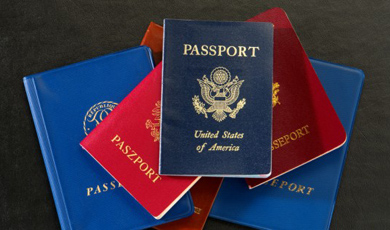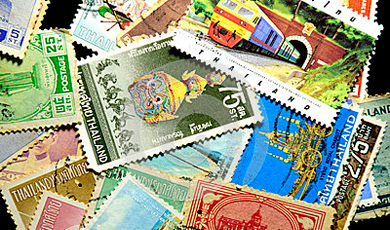Immigration
Dear visitors to the Kingdom of Thailand!
First of all the convenience of being in Thailand is determined by your visa. As a rule, travel visa is issued “on arrival” at the airport or Consular Department of the Kingdom of Thailand in your home country.
The type of visa and legal status of non-residents depends on the purpose of your visit to the Kingdom of Thailand and the international visa agreements.
Almost all types of visas require documents, typically they are:
- Passport or travel document, valid for at least 6 (six) calendar months
- Application, which you must specify the purpose of the visit, term of stay in Thailand, occupation, amount of annual income, permanent address, e-mail and address of stay in Thailand
- Two photo (3 x 5 cm)
- Prepaid tickets to and from Thailand
- Must have a minimum amount of money to stay in Thailand equivalent to 20 000 (twenty thousand) Thai Baht per person
- There may be other documents required, depending on the type of visa.
The legislation establishes the legal regime for the major types of visas:
- Transit Visa. This type of visa for transit visitors (category TS), athletes (category S), individual members of the crew carrying out an international transport (category C)
- Tourist visa. This type of visa offered to foreigners visiting the Kingdom of Thailand for tourism purposes.
- Non-immigrant Visa. This type of visa is offered in accordance to the categories below, which determines the presence of foreigners in Thailand for business purposes.
– Category F – execution of official assignments
– Category B – business
– Category IM – investment purposes, agreed to ministries and
departments of Thailand
– Category IB – investment proposals or investments
– Category ED – educational purposes, seminars, conferences for
training as a foreign Buddhist monk
– Category M – producer of cinematography, journalist or reporter
– Category R – charity or missionary work, approved by the State
Organization of Thailand
– Category RS – for use in research institutions
– Category EX – to work on the exchange of experience and experts
– Category O – other reasons for family members or employees, state and
charitable organizations; medical procedures and operations; sports
coaches of national teams; witnesses or participants of legal litigations.

- Diplomatic visa. For employees of embassies, foreign diplomatic missions or consular departments and their families.
The citizens of countries that have been declared as a territory infected with yellow fever must have an international certificate confirming the vaccination. Get a visa at the Consulate of the Kingdom in their home country before departure.
Usually, the term of tourist visa “on arrival” at the airport does not exceed 30 (thirty) calendar days.
*** Please note! The period of validity of the visa is different from the period of stay!

The validity of the visa – 3 (three) months, 6 (six) months, 1 (one) year and 3 (three) years, stamped to your passport as a sticker or stamp.
Period to stay confirmed by the stamp of immigration officer at the port of arrival in accordance with type of visa. For example, for the period when the Transit visa – 30 (thirty) days, for Tourism – 60 (sixty) days, for Non-immigrant visa – does not exceed 90 (ninety) days from the date of arrival. Wishes to extend the period may apply to the Immigration Service at the place of residence.
Foreign nationals do not have the right to work without the proper visa and work permit (Work permit), which is issued by the Department of Labor.
According to the Immigration Act of Thailand (Immigration Act of Thailand BE 2522, 1979), a non-resident who has broken one of the following items can be refused entry to Thailand:
- Passport or travel document is not original
- Passport or travel document provided without a valid visa
- Entry into the Kingdom for employment as a non-professional worker or working with violations of legislation regarding the employment of non-resident (Alien Work Permit Law)
- Being in a mentally unstable condition, or have a disease related to the list of Government regulation
- Lack of vaccination against smallpox and other viruses as well as non-vaccination, the proposed Immigration doctor
- The presence of a criminal record by the Court of Thailand, a legal order or judgment of another country, including fines for minor offenses and negligence
- Presence of behavior that is unsafe for the society, constitutional peaceful environment of the nation, as well as if persons are wanted
- Suspect that the purpose of country visits is related to prostitution, human trafficking, smuggling drugs and contraband
- The presence of acts of deportation by the Government of Thailand or other countries.
If you want to extend your visa without having to leave Thailand, you can do it in the Immigration Service at the place of residence. Tourist Visa, which obtained from the Consulate is extended to 30 (thirty) calendar days and Visa “on arrival” is extended for 7 (seven) days.
In case you have a business, retirement or investment visa you have to prepare documents on a special form and extend your visa for 1 (one) year.
LOKART’S INTERNATIONAL legal experts will advise you on all immigration matters!